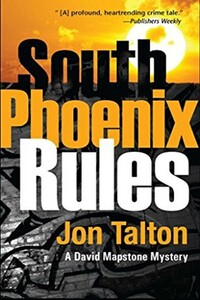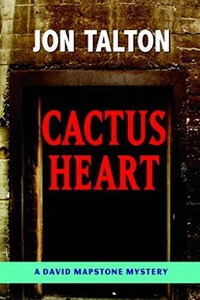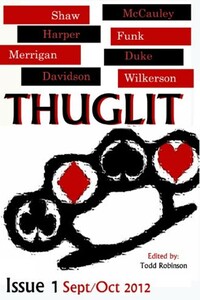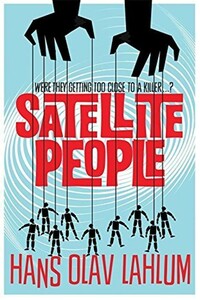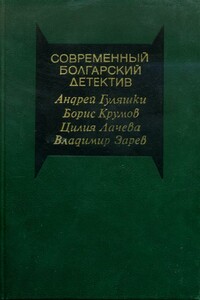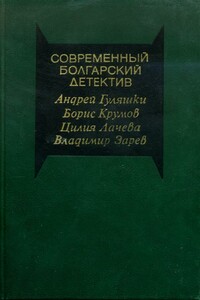The Pain Nurse | страница 100
“Why is the hospital covering up this murder?” Will tossed it gently, just as Berkowitz took a breath to continue speaking.
“What are you talking about?”
“A doctor murdered at a city hospital. When I was on homicide that would have been a red ball. Unless somebody had the juice to make it go away.”
Berkowitz sprang up-that effortless move to his feet seemed like a miracle-and started for the door.
“Buddy, I got no comment on any of that. Get my drift? You need to get feeling better.”
“Do the bigs at University know about Robert Cecil?”
Berkowitz stopped midway to the door, his skin suddenly drained of color.
It was difficult to explain cops and race to civilians. When Will and Dodds had caught up with Craig Factor, crashing at a crack house on the edge of Liberty Hill, he had sprinted outside and down the street. As usual, it had been left to Will to lead the chase. He knew Dodds would come huffing behind, but he had the speed. He had gotten close enough to grab Factor’s shoulders and wrestle him down to the pavement. They were in the middle of the street. Factor was a big guy, at least two hundred and fifty pounds, and wrestled and swung punches. By the time Dodds had arrived, the two of them were able to get Factor under control, face down, Will’s knee in his back, as they cuffed him. The schools were on spring break, and at least two dozen young black men with nothing to do had gathered on the sidewalk, watching, then catcalling. Then one threw a bottle. It might have gotten uglier if a lot of backup hadn’t arrived quickly. But, Will knew, if a news crew had been filming the arrest, many civilians might have assumed that there was no more to the story than the image of a big white cop abusing a handcuffed black man.
Most cops weren’t racist, but in a city like Cincinnati, with a huge underclass, the police spent most of their time dealing with crime and trouble in black neighborhoods. You could become jaundiced after one shift. You had to fight to remember, most of the people in those neighborhoods were law-abiding, trying to get by. They were under siege. Drugs and guns and too many unemployed young men were a lethal combination. Will had taken the classes, heard the sociology, back when he thought he might get a master’s degree. On the streets, it was a scary reality not covered in the studies and the textbooks. Being a solitary cop at night in a hostile neighborhood.
